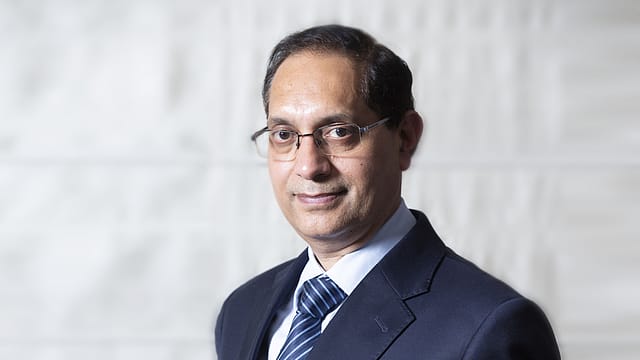75% taxpayers have moved to new tax regime: Finance Secretary
ADVERTISEMENT

Around 75% taxpayers have moved to new tax regime under the individual category, Finance Secretary Tuhin Kanta Pandey said in the post-Budget press conference by Union Finance Minister Nirmala Sitharaman.
“The old tax scheme is available but we expect expect almost everyone will shift now,” Pandey says.
Finance Minister Nirmala Sitharaman, however, emphasised that the old tax regime will not be phased out.
The new tax regime is expected to substantially reduce the taxes for the middle class, leaving more money in their hands, boosting consumption, savings and investment. The reduced tax rates are expected to drive consumption, which had slowed in urban areas.
Sitharaman says the government has responded to the people's voice and cut income tax rates in the new tax regime. “When we brought the new tax regime, we didn't want the old tax regime to be copied.”
With the new tax regime, the government has put substantial amount of money in the hands of people who deserve it, says the finance minister.
Sitharaman says the income tax simplification is already completed. "We shall bring the bill in the next week.”
“The decision to exempt income tax up to ₹12 lakh is a game-changing reform that boosts India's middle class by increasing disposable income. This is expected to drive household spending—an essential growth engine for sectors like retail and real estate. Higher discretionary spending signals economic vitality, fuelling consumption-led growth and strengthening market dynamics,” says Gautam Singhania, Chairman & Managing Director, Raymond Group.
Commenting on the income tax relief, V. P. Nandakumar, MD & CEO at Manappuram Finance, says the income tax exemption up to ₹12 lakh per annum makes immense economic sense. "The tax reduction will put significant amounts of money into the hands of the middle class, whose propensity to consume and save is very high," says Nandakumar.
For middle-class families, strategic focus on targeted tax relief and enhanced social security measures, will uplift household sentiments, boost disposable income and drive consumption, says Saugata Gupta, MD & CEO, Marico. "This will provide much-needed financial stability to the masses," says Gupta.
Yezdi Nagporewalla, CEO of KPMG in India, says the proposed introduction of the new Income Tax Bill, which will considerably simplify the existing Income-tax Act, is a much awaited and a landmark move towards simplified tax regime, further fostering a conducive environment for growth and innovation. "Personal income tax reforms like significantly enhancing the income-tax exemption limit will provide a much needed boost to the middle class and an impetus to economy through additional disposable income available to consumers," says Nagporewalla.